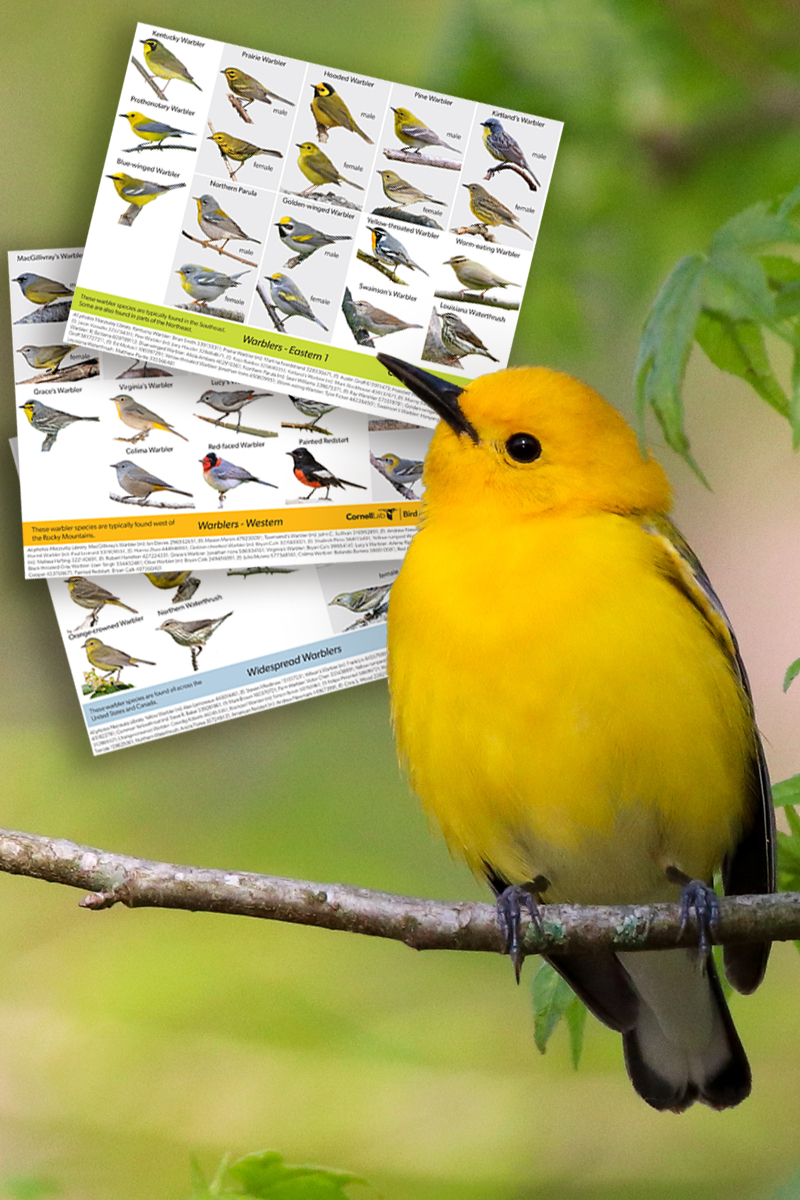- ORDER: Passeriformes
- FAMILY: Fringillidae
Basic Description
Among the most attractive of North American songbirds, male Lawrence’s Goldfinches are soft gray overall set off by a black face and copious amounts of lemon yellow throughout. But the species’ preference for remote, arid habitats of California and the Desert Southwest renders it unfamiliar to most birders. It’s also a nomadic species that moves around at all times of year in search of rainfall, seeding plants, and drinking water. Though still fairly numerous within its range, Lawrence’s Goldfinch is on the Yellow Watch List for species with restricted ranges.
More ID InfoFind This Bird
Lawrence’s Goldfinches are most active and feed most heavily in early morning and late afternoon. It’s hard to predict where to find this nomadic species, but hiking or driving through scattered copses of blue oak, with plenty of weedy areas (and streams or creeks near), is a good way to look for them.
Other Names
- Jilguero de Lawrence (Spanish)
- Chardonneret gris (French)
Backyard Tips
Within their range, Lawrence’s Goldfinches sometimes visit feeders stocked with nyjer or other very small seeds.
- Cool Facts
- Lesser Goldfinches are smaller than Lawrence’s Goldfinches but dominates them at food sources, chasing it away from feeders or wildflowers.
- Male Lawrence’s Goldfinches don’t get their lemon yellow breeding plumage through molting. Rather, the feathers become yellower as they wear, shedding their brownish color and exposing yellow parts of the feather beneath. No other goldfinches acquire breeding plumage in this manner.
- In some years, Lawrence’s Goldfinches migrate east–west instead of north–south. They leave Southern California and appear across the southern parts of Arizona, New Mexico, and even into West Texas.
- The Lawrence's Goldfinch seems to have no loyalty to its breeding areas, being present in large number in a locality one year and absent the next. Its nomadic movements are probably related to availability of water and seed crops.
- Lawrence's Goldfinch was named by John Cassin in 1850 for his colleague George Lawrence, a New York businessman and ornithologist.


